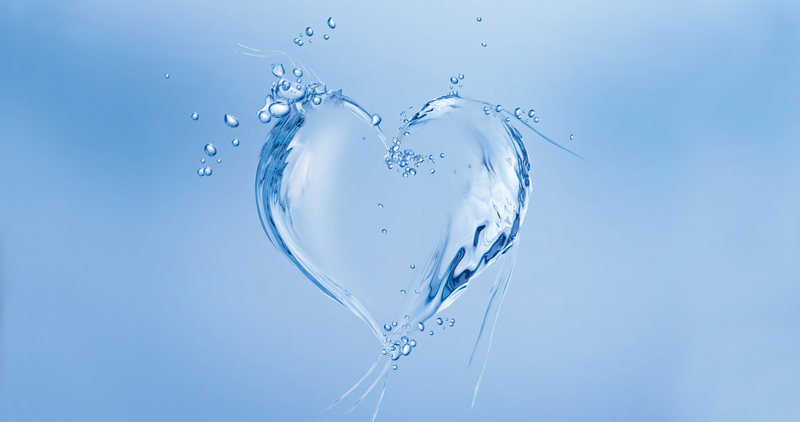In the following period, the high temperatures will cause us problems again and it would be better to help you be ready with the proper hydration.
Why is it necessary to be properly, constantly and efficiently hydrated?
Most of the metabolic processes in our body are based on water, help in the temperature control, joint lubrication, detoxifying, blood pressure, heartbeats and proper functioning of the nervous system.
Which are the myths related to dehydration?
-
Drink 8-12 glasses of water every day.
Although 8-12 glasses of water per day is the average people generally need, as people are very different in their nature, habits, daily activities, this (guiding) number can vary quite a lot. The necessary quantity of water can be larger or smaller depending on many factors: type of physical exercise, climate, food, health, even the type of clothes. The best indicator of the number of daily glasses is even the thirst felt.
-
Drink water only when you feel thirsty
The thirst is the most obvious sign of thirst but it does not always appear on time to avoid dehydration. For example, while working out, this sensation can be imperceptible, although the need exists.
-
Special sports drinks hydrate better
The choice of a drink during working out heavily depends on the intensity and length of the session. In case of a marathon or other outdoors physical activity, in summer, such drink may be welcomed in the recommended quantities. But the still water and a correct nutritious snack rich in sodium and potassium (such as bananas, oranges or nuts) are a much healthier option. Besides, the water has no calories or chemical additives. For an optimum hydration while jogging, we recommend you this simple routine.
-
You cannot drink too much water
The water excess can cause hypernatremia, known as ”water intoxication” that can be dangerous because very large quantities of water can dilute the natural level of sodium present in the body and overstress kidneys.
-
Severe dehydration is specific of aged persons
Although severe dehydration is a higher risk for the vulnerable groups of age (children, seniors) and for those having chronic diseases, it may also occur in healthy adults, especially those doing demanding physical exercise, have a severe digestive problem (vomiting, diarrhoea etc.) or living in areas with very high temperatures without hydrating accordingly. The symptoms are: high temperature, red skin, rapid pulse, rapid breathing, dizziness, general tiredness. You should pay attention to any of these symptoms and take measures to be hydrated as quickly as possible. The complications could cause attacks, kidney failure, coma. If symptoms worsen, we recommend you to urgently seek medical help.
How can it be prevented?
The best method to avoid dehydration is drinking liquids, especially water, constantly, even before the occurrence of thirst, which is an indicator that the body suffers from the lack of liquids. Besides water, in summer you can also eat high-water-content foods.
Taguri: aqua carpatica dehydration hydration water


Niciun comentariu